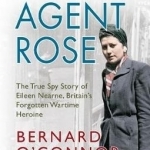
Agent Rose: The True Spy Story of Eileen Nearne, Britain's Forgotten Wartime Heroine
Book
In September 2010 the body of Eileen Nearne was found in a flat in Torquay. With no known friends or...
Deborah (162 KP) rated Wars Of The Roses in Books
Dec 21, 2018
Nice idea, but it doesn't work here.
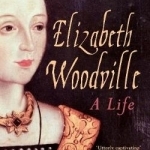
Elizabeth Woodville: The Real Story of the White Queen
Book
Elizabeth Woodville, wife of Edward IV, mother of Elizabeth of Y ork and the Princes in the Tower...
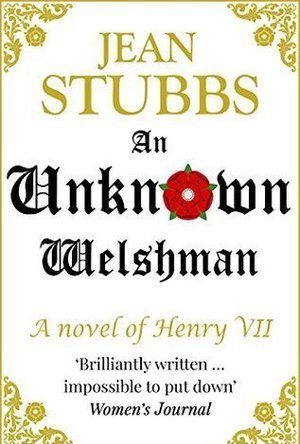
An Unknown Welshman: A novel of Henry VII
Book
The rise of the Tudor Dynasty! Perfect for fans of Conn Iggulden, Robyn Young, Alison Weir and...
War of the Roses
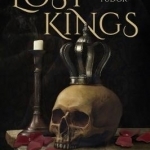
The Lost Kings: Lancaster, York and Tudor
Book
The century spanning the wars of the roses and the reigns of the Tudor kings was a volatile time of...
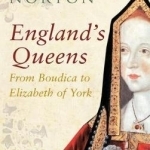
England's Queens: From Boudica to Elizabeth of York
Book
England has always been a place of queens. The earliest known lived nearly 2,000 years ago. Early...
Deborah (162 KP) rated Bosworth Field and the Wars of the Roses in Books
Dec 21, 2018
Rowse's chapter on Shakespeare must be at least as long, if not longer, than his chapter on Bosworth. The fact that he obviously sincerely believes that one can gain a credible understanding of history from Shakespeare cycle of plays was almost enough to make me drop the book in astonishment! How can one take him seriously?!
He is also ready to give every credit to the supposed work of More. Even here he falls down by claiming that the bodies of the 'princes in the tower' were discovered in the exact place More said! If you read this work you'll find that the opposite is true - they are in the exact place More said they were NOT! The fact that there isn't a shred of evidence that anyone killed the two princes is evidently a small matter to Rowse. He mentions the great turncoat, Sir William Stanley (at this point step-uncle to Henry Tudor) being executed s a result of the Perkin Warbeck debacle, but fails to mention that Sir William is imputed to have said that if Warbeck really was Richard of York, he would not fight against him. Of course he doesn't mention this - he has to keep reminding us that EVERYONE believed Richard III guilty! Really, a credible historian should not pick and choose their facts - something Alison Weir is also very fond of doing.
Another point is that he is quite happy to accept that Katherine of Valois really did marry Owen Tudor, but cannot countenance the much more credible suggestion that Edward IV was married to Eleanor Butler (nee Talbot), who is not even mentioned. He harps on about the morality and piety of the Lancastrians (despite the Beauforts being conceived in double adultery - further hypocrisy) but when Richard III founds a chantry or offers some concession to a religious house that Rowse concludes it much be down to his uneasy concience.
So, overall, not a book I can recommend in the least. He may try to convince us that his unbending traditionalist view is 'sensible' and 'common sense' but anyone with a little knowledge of the subject will see it as laughably absurd and highly prejudiced.
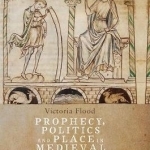
Prophecy, Politics and Place in Medieval England: From Geoffrey of Monmouth to Thomas of Erceldoune
Book
The period from the twelfth century to the Wars of the Roses witnessed a dominant tradition of...
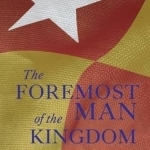
The Foremost Man of the Kingdom: John de Vere, Thirteenth Earl of Oxford (1442-1513)
Book
Earl of Oxford for fifty years, and subject of six kings of England during the political strife of...
